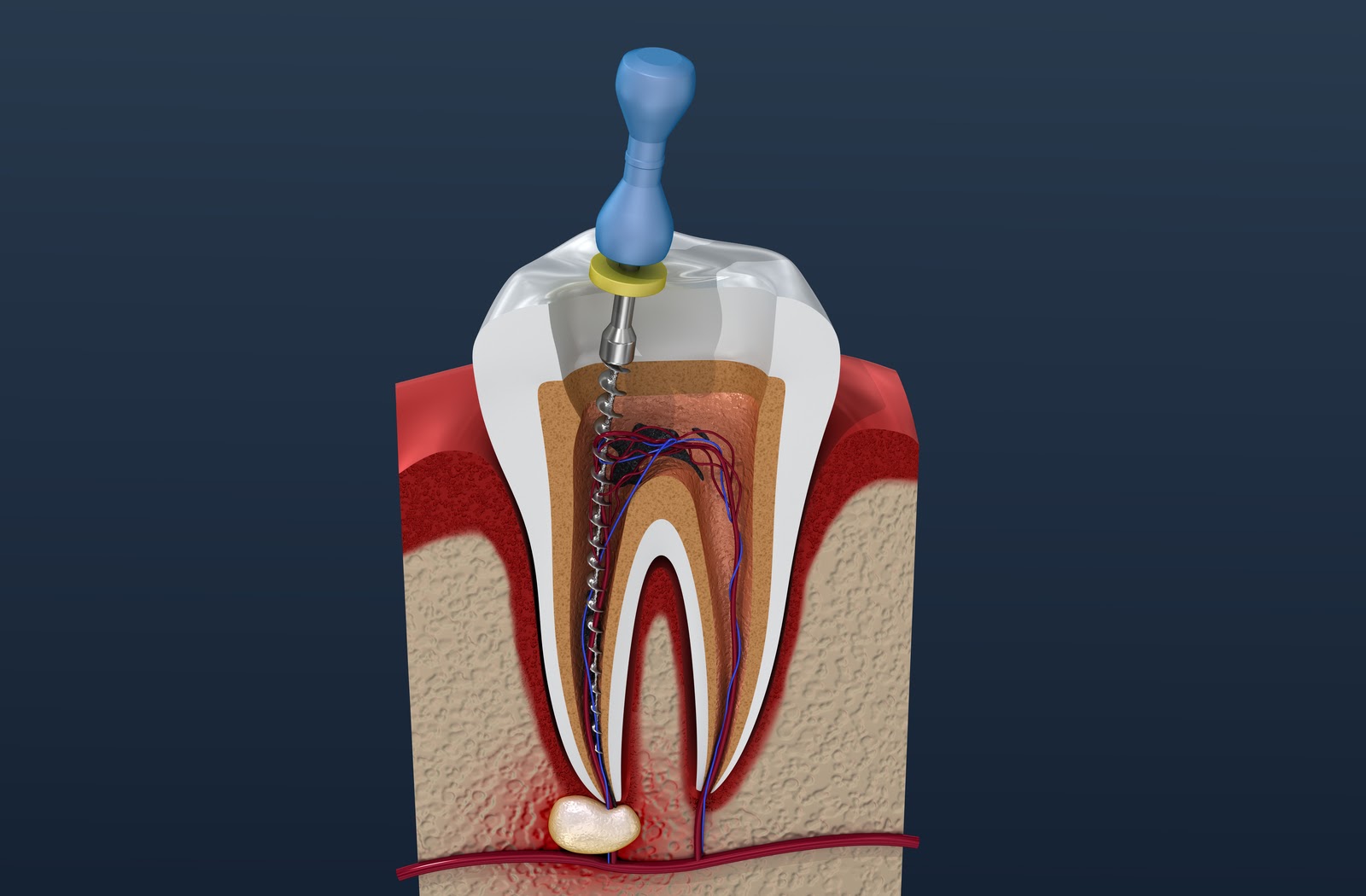When people hear about getting a root canal, they often feel anxious or fearful, expecting significant pain. However, modern dental technology has made root canal treatments much smoother and less uncomfortable than before. Root canals are now commonly performed to relieve pain rather than cause it, helping patients keep their natural teeth healthy and functional. Let’s explore what happens during a root canal and address whether it is indeed a painful procedure or largely pain-free.
What Is a Root Canal and Why Is It Needed?
A root canal treatment is necessary when the soft tissue inside a tooth, known as the pulp, becomes infected or inflamed. This can happen due to deep decay, repeated dental procedures, cracks in the tooth, or even trauma. When the pulp becomes infected, it often leads to tooth pain, swelling, and sensitivity to hot and cold temperatures. In these cases, a root canal is the most effective way to save the tooth and relieve pain.
During the procedure, the infected or damaged pulp is carefully removed, the inside of the tooth is cleaned and disinfected, and then the space is filled and sealed. By doing this, the best dentist in Udaipur and other experienced dental professionals help patients avoid the need for tooth extraction, keeping their natural smile intact.
Understanding the Root Canal Process
Many people avoid root canals due to fear of pain, but understanding the procedure can help ease this anxiety. Here’s a basic overview of what happens during a root canal:
- Numbing the Area: Before the procedure begins, the dentist will administer a local anesthetic to numb the area around the affected tooth. This step is crucial in ensuring a pain-free experience. Patients often feel a minor pinch during the injection, but afterward, the tooth and surrounding area become numb.
- Cleaning and Disinfecting: Once the area is numb, the dentist creates a small opening in the top of the tooth to access the infected pulp. They use specialized instruments to remove the damaged tissue and thoroughly clean and disinfect the inner canals of the tooth.
- Filling the Tooth: After cleaning, the dentist fills the canals with a rubber-like material to seal them and prevent future infection. Finally, a filling or crown is placed on top of the tooth to restore its structure and function.
The entire procedure is usually completed within one or two visits, depending on the tooth’s condition. Root canal doctors in Udaipur, like dentists worldwide, follow these precise steps to ensure successful, pain-free results for patients.
Does a Root Canal Hurt?
The short answer is that, with today’s advanced techniques and anesthetics, a root canal does not have to be a painful experience. Most patients report that the procedure feels similar to getting a standard filling. The numbing medication ensures that you won’t feel pain during the procedure itself. You might feel some pressure, but this is typically mild and manageable.
After the anesthesia wears off, some patients experience slight discomfort, similar to the feeling after other dental treatments. Over-the-counter pain relievers are usually enough to handle this discomfort, and it typically subsides within a few days. Many patients feel immediate relief after the root canal, as the source of the infection and pain is removed.
Benefits of a Root Canal
A root canal offers several important benefits that contribute to both dental and overall health:
- Pain Relief: By removing the infected pulp, a root canal eliminates the source of pain, allowing you to enjoy daily activities without discomfort.
- Prevents Further Infection: By sealing the tooth properly, it stops bacteria from entering and causing new infections.
- Preserves Your Natural Tooth: Instead of extraction, a root canal allows you to keep your natural tooth, which is crucial for maintaining proper chewing and jaw alignment.
How to Prepare for a Root Canal
If you’re scheduled for a root canal, there are a few ways to make the experience as comfortable as possible. Get plenty of rest before the procedure, and consider eating a light meal beforehand, as it may be a few hours before you can eat comfortably afterward. Your dentist may also provide advice on managing any minor discomfort post-procedure.
Seeking treatment from the best dentist in Udaipur or other skilled dental professionals ensures that your root canal will be performed with precision and care. A dentist who specializes in root canals understands how to make the procedure as efficient and comfortable as possible.
Tips for Post-Treatment Care
After the root canal, following your dentist’s instructions will help ensure smooth recovery and long-term success. Here are some key tips for post-treatment care:
- Avoid Hard Foods: For the first few days, stick to softer foods that don’t put too much pressure on the treated tooth.
- Practice Good Oral Hygiene: Brushing and flossing daily will help keep the area clean and support healing.
- Use Pain Relievers If Needed: Mild painkillers can help with any discomfort in the first few days, but make sure to consult your dentist if pain persists.
In Conclusion: A Pain-Free Solution
Root canal procedures have come a long way, becoming efficient and relatively pain-free solutions to resolve serious dental issues. By preserving the natural tooth, root canals save patients from tooth loss and further complications. Thanks to skilled root canal doctors in Udaipur and elsewhere, you can rest assured that this common dental procedure can bring relief and restore your dental health without causing unnecessary pain.

